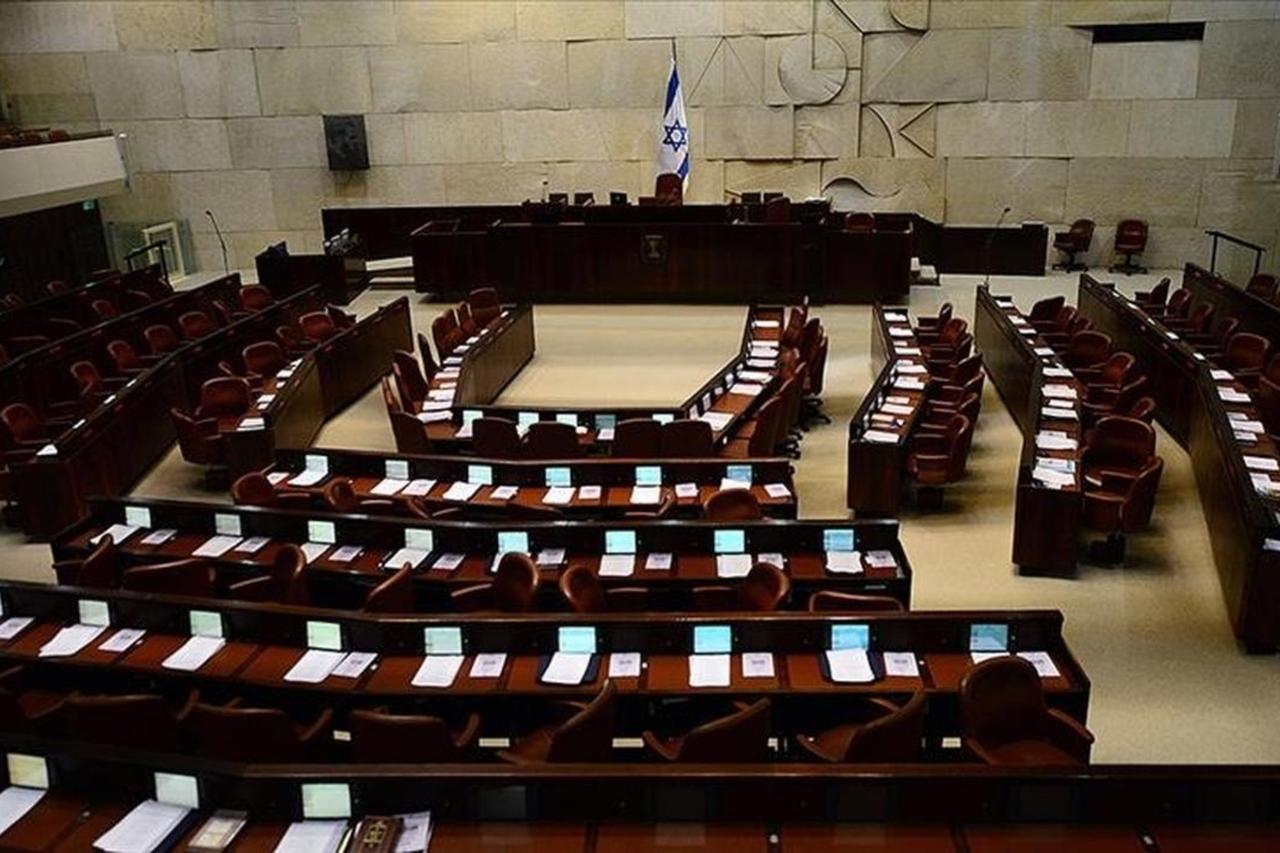
Israel's security cabinet is expected to reach a decision this week regarding the possible expansion of military operations in the Gaza Strip and the future of stalled ceasefire negotiations, according to local media.
Channel 12 reported that the cabinet is considering intensifying strikes on Gaza, even if it means putting the lives of Israeli hostages at risk. The debate within the cabinet has revealed sharp divisions among senior officials.
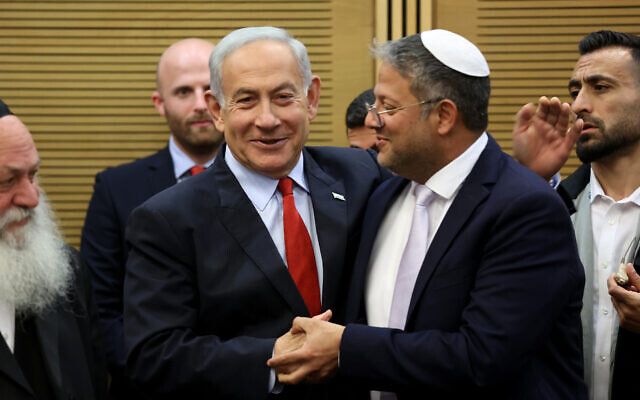
Supporters of expanding military actions include Strategic Affairs Minister Ron Dermer, Finance Minister Bezalel Smotrich, National Security Minister Itamar Ben-Gvir, Prime Minister Benjamin Netanyahu’s military adviser Maj. Gen. Roman Gofman, and Cabinet Secretary Yossi Fuchs.
On the other side, Chief of General Staff Eyal Zamir, Foreign Minister Gideon Saar, former minister and Shas Party leader Aryeh Deri, National Security Adviser Tzachi Hanegbi, Mossad Chief David Barnea, hostage affairs coordinator Nitzan Alon, and several Shin Bet negotiators favor reaching a ceasefire and prisoner exchange deal.
Prime Minister Netanyahu and Defense Minister Yisrael Katz have reportedly not yet taken a clear position.
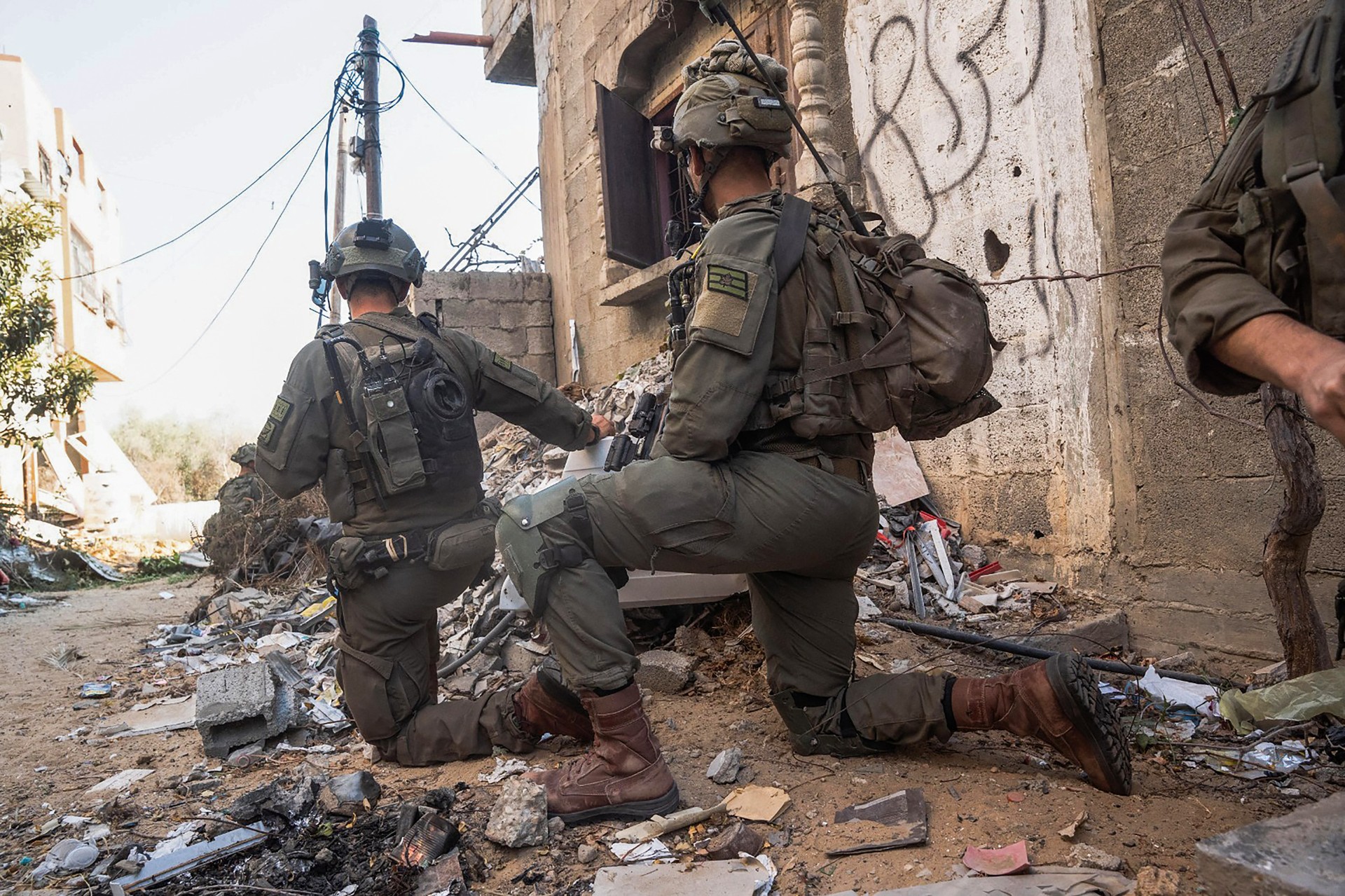
According to Channel 13, General Zamir has expressed concerns that intensified attacks could endanger hostages held in Gaza. He reportedly told associates he would not authorize such operations without explicit political directives.
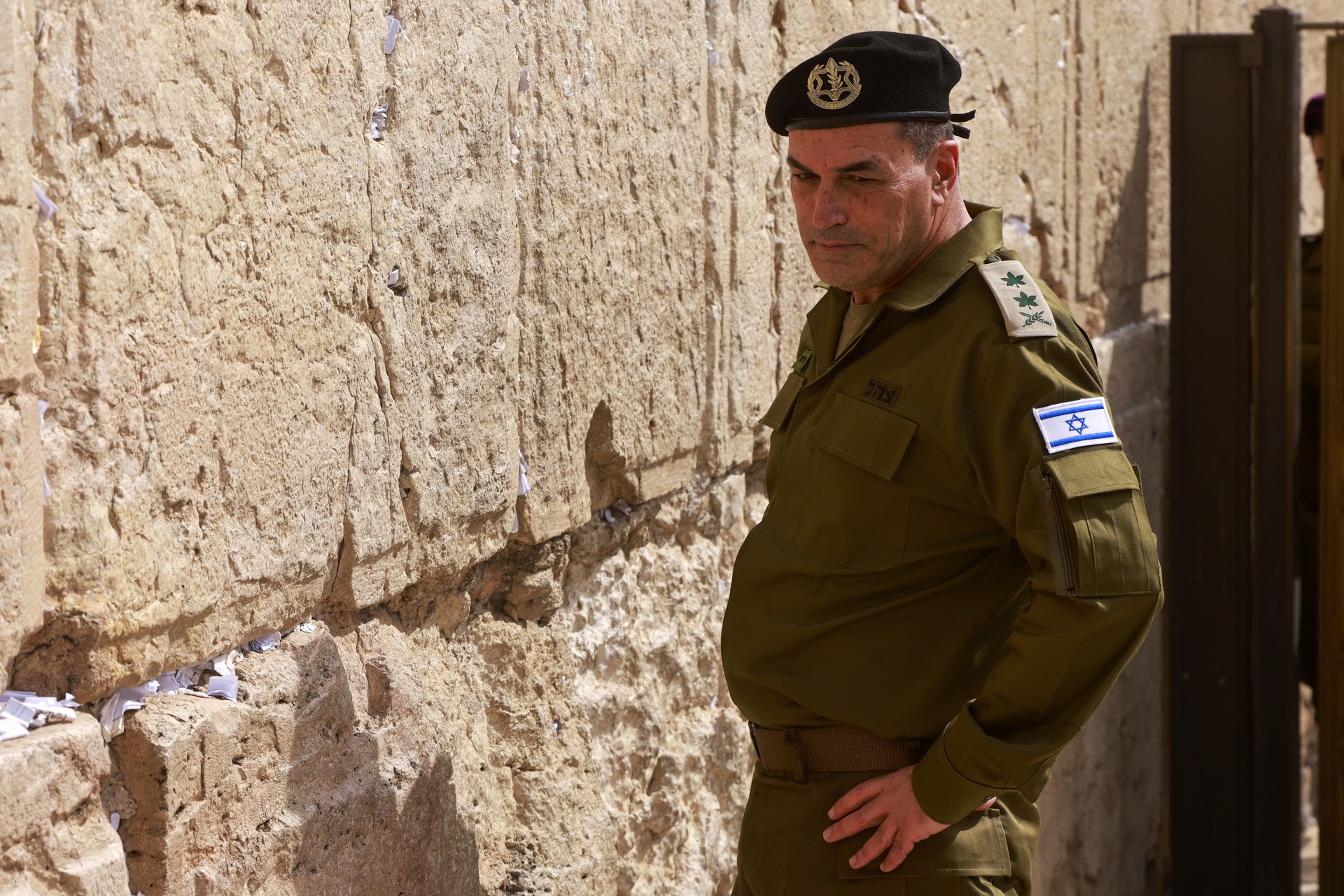
Haaretz reported that the Israeli army is preparing for a phased ground operation, which could target refugee camps and other sensitive areas previously avoided due to the presence of hostages. Zamir is expected to approve the new plan within days.
A senior Israeli official told Haaretz there is a “shared understanding” with the U.S. that Hamas is not interested in a deal, suggesting Netanyahu may aim to pressure Hamas through military means to secure hostage releases.
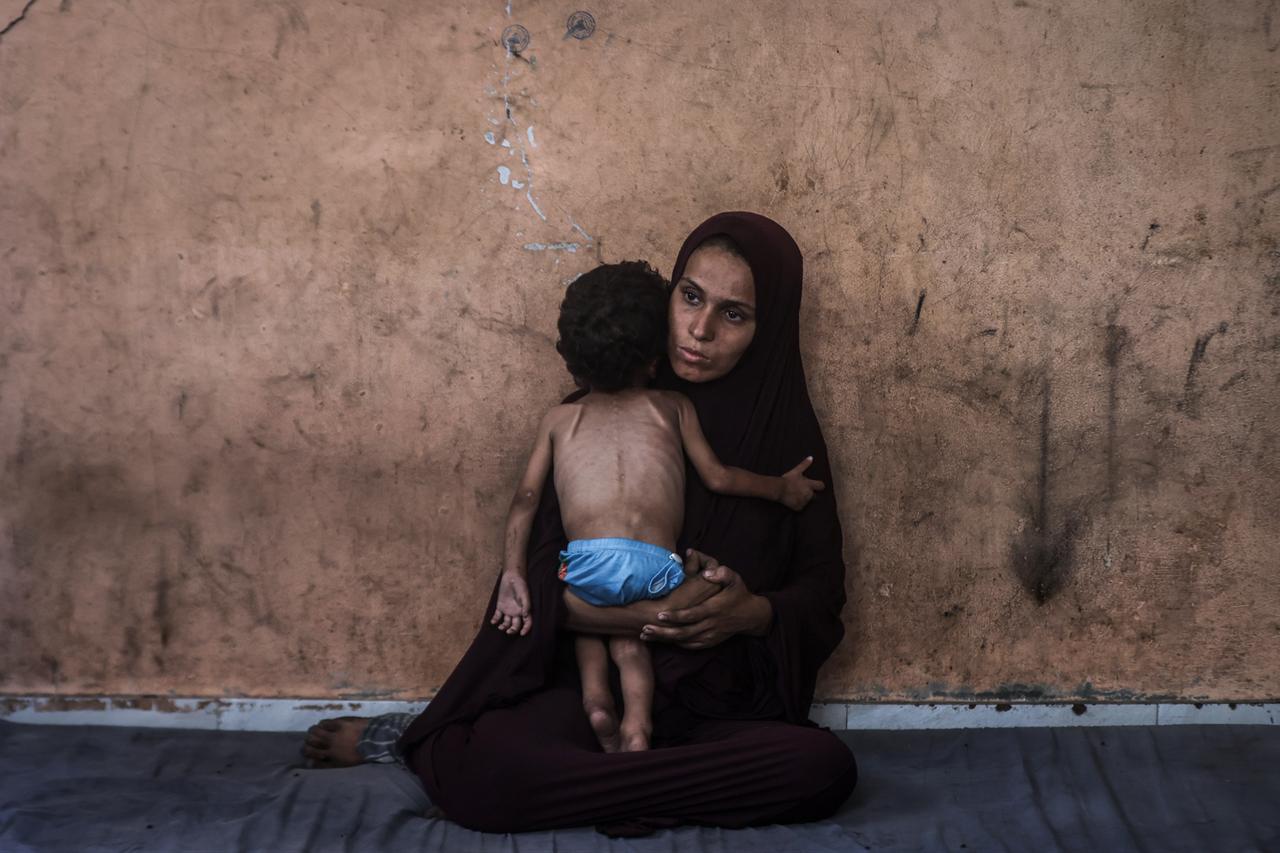
Since October 7, 2023, Israeli bombardments have caused widespread destruction in Gaza. According to the latest figures, at least 60,839 Palestinians – mostly women and children – have been killed, and 149,588 others injured.
Despite repeated warnings from the United Nations and international legal bodies, Israel’s military actions have significantly worsened the humanitarian situation, cutting off access to food, clean water, and medical supplies.
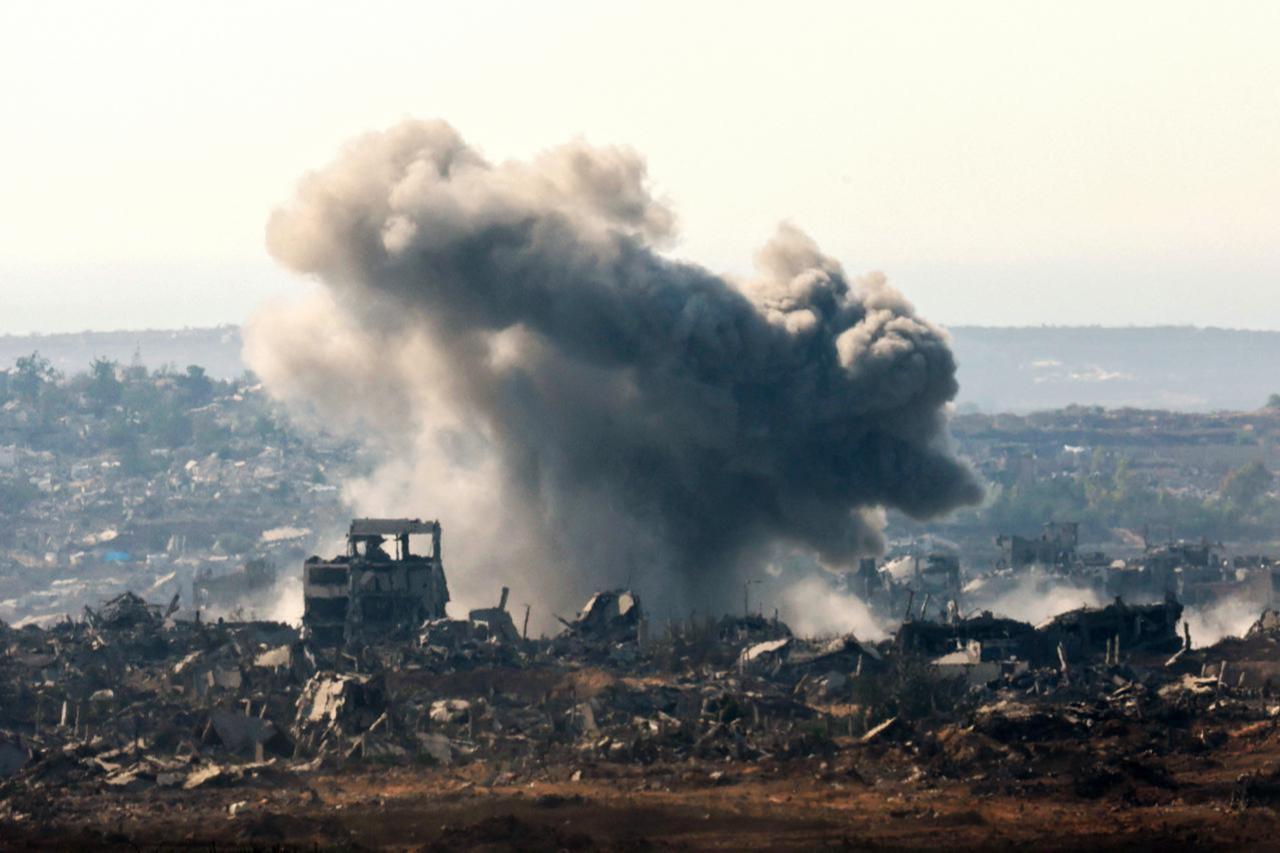
Hamas confirmed it had delivered its response to a proposed ceasefire and prisoner exchange deal on July 24, via international mediators. Israel acknowledged receiving the response but has yet to announce its official stance.
Meanwhile, U.S. envoy Steve Witkoff claimed Hamas is “not serious” about negotiations. He announced that the American team involved in talks in Doha had been recalled for consultation.
Egypt and Qatar, the main mediators, said on July 25 that suspending the talks temporarily for consultations was a normal diplomatic procedure.